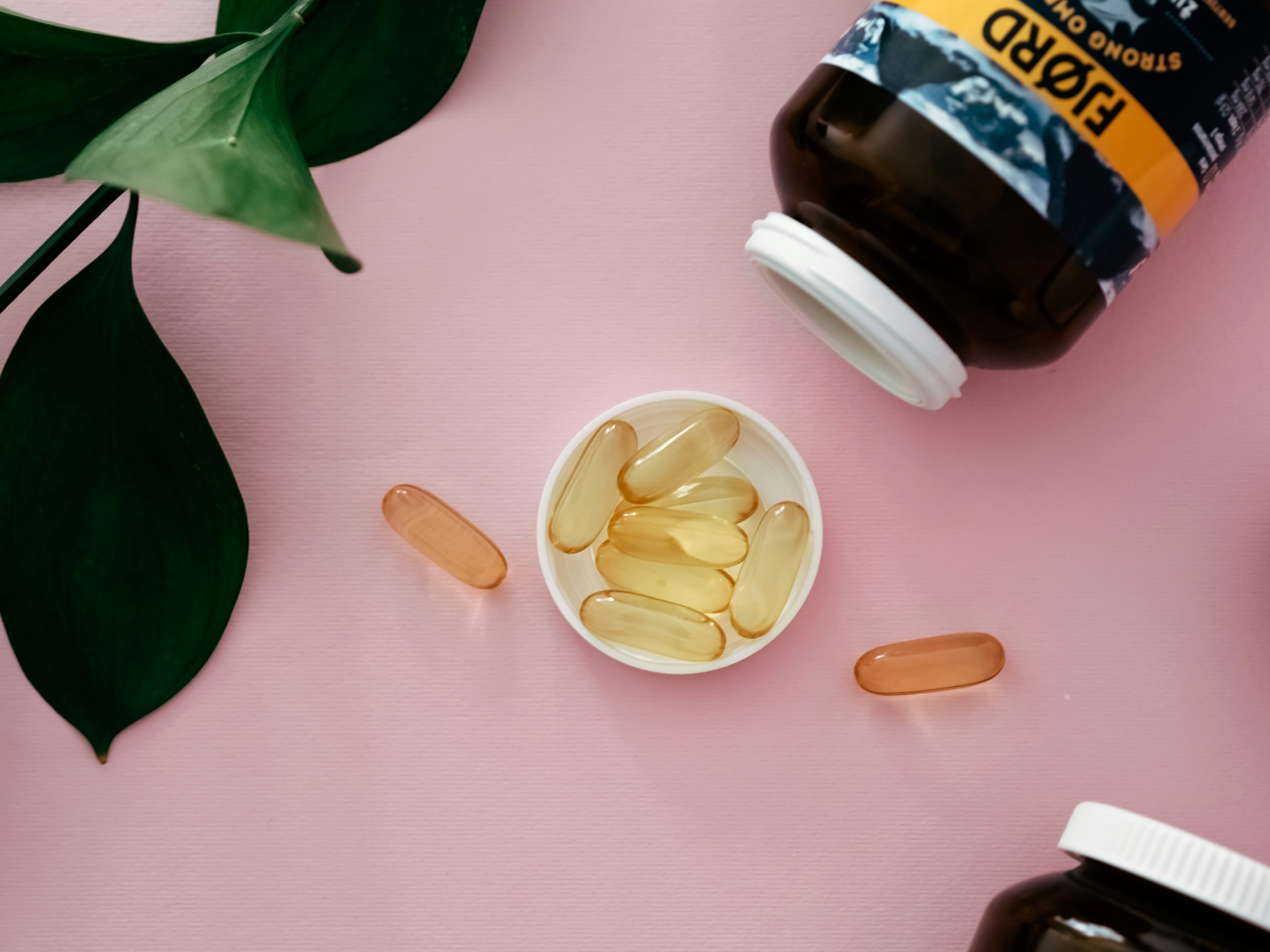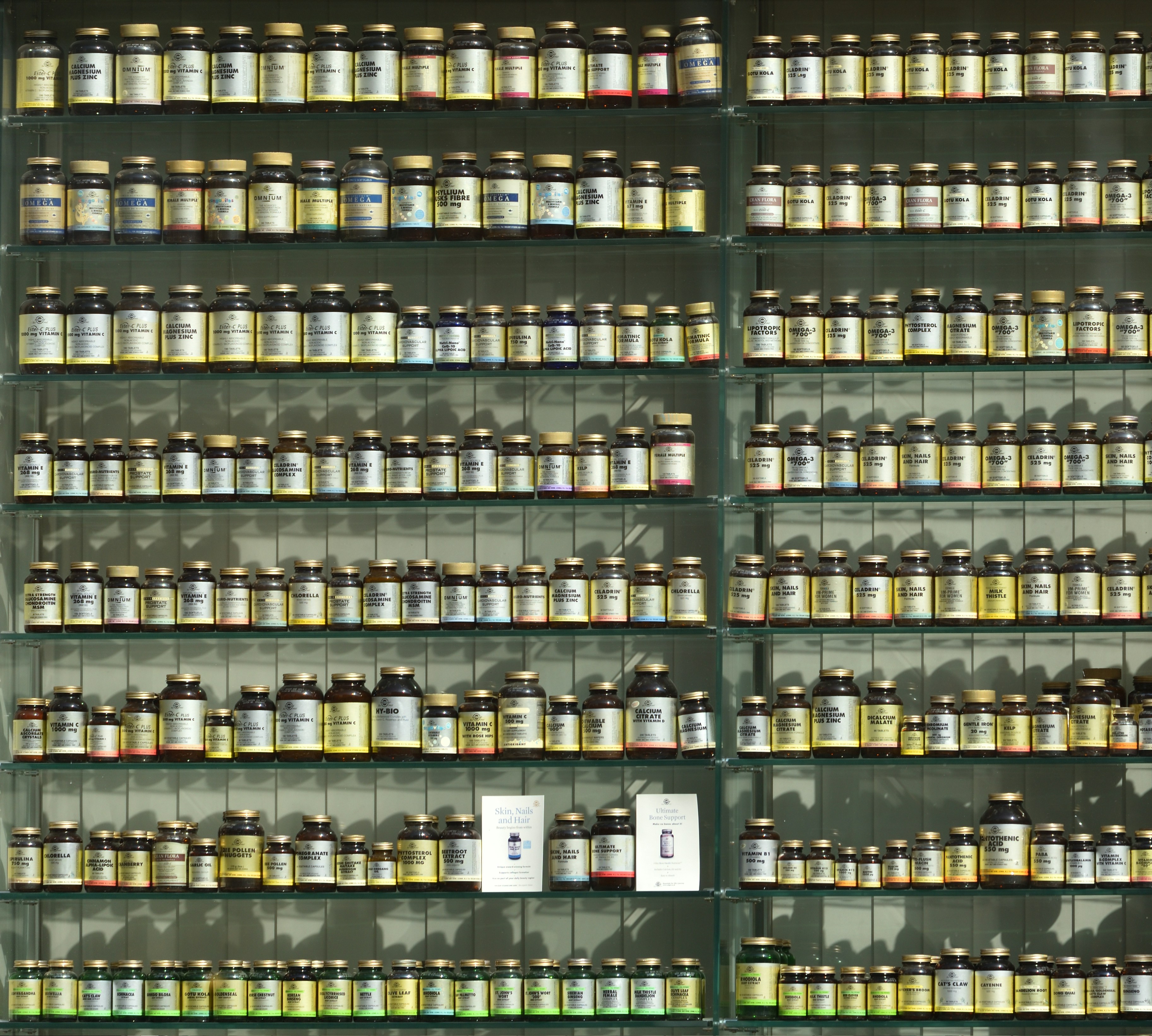Let's be honest. Most of us have a half-used bottle of multivitamins sitting in a cabinet somewhere. We bought it with good intentions, took it for a few weeks (maybe), and then forgot all about it. But here’s the thing: not all multivitamins are created equal… and not everyone needs one in the first place.
Are these supplements actually helping, or are we just flushing our money down the toilet?
Let us slide into your dms 🥰
Get notified of top trending articles like this one every week! (we won't spam you)Why We Take Them (and Why That’s Not Always a Good Enough Reason):
Multivitamins are marketed as this magic insurance policy for your health. You're busy, maybe your diet isn’t perfect, and a multivitamin seems like an easy fix. But the truth is, if you’re eating a relatively balanced diet, you might already be getting enough of most vitamins—especially the ones that are easy to store in the body (like A, D, E, and K).
However, too much of certain vitamins—like vitamin A or iron—can actually be harmful over time. And since most multivitamins don’t take into account your specific needs, they end up being either too much or not enough of what really matters.

Photo by Natallia Photo on Unsplash

Take the Quiz: Discover Your Ideal Stress-Relieving Hobby
Everyone deals with stress differently, and finding the right hobby can help you relax and unwind. Take this quiz to find out which stress-relievin...
Here’s What You Might Actually Need (Depending on Your Life):
- Vitamin D: If you spend most of your day indoors (hello office life or school grind), you’re probably not getting enough. This one’s worth checking with a doctor.
- Iron: If you’re a woman of menstruating age, pregnant, or plant-based, you may be low on iron. But too much = stomach issues and worse.
- B12: Vegans, vegetarians, and older adults often need this since it's mainly in animal foods.
- Magnesium: Helps with sleep, muscle recovery, and mood. Many people are low, especially athletes or those under stress.
- Omega-3s: Hard to get from food unless you eat a lot of fish. Helpful for brain + heart health.
What’s Usually a Waste (Or Easily Covered by Food):
- Vitamin C: You’re probably getting more than enough from fruits and veggies.
- Vitamin A: Too much can be toxic—and most people get it easily from diet.
- Vitamin E: Again, often over-supplied in supplements and can be risky in high doses.
- Zinc & Copper: Helpful in very specific cases, but balance matters. Too much zinc can deplete copper and vice versa.

Photo by Nguyễn Hiệp on Unsplash
How to Know If You Need a Supplement:
- Get a blood test. It’s the only real way to know what you're low in.
- Track your food for a few days using a nutrition app. You might be surprised at what you're already getting!
- Pay attention to how you feel. Constant fatigue, brittle nails, brain fog, or weird cravings might be signs something’s off.
The Psychology Behind the Multivitamin Habit
If multivitamins aren’t always necessary, why do so many of us still take them—or feel like we should?
Honestly, it’s partly routine. Popping a daily vitamin feels like an easy, responsible thing to do. Like brushing your teeth or drinking a glass of water, it becomes a habit that says, “I’m doing something good for myself.” Even if it’s not actually helping much, the act alone can be reassuring.
There’s also a comfort factor. Health can feel complicated—there’s always a new headline, a new rule, a new thing to avoid. In all that noise, a multivitamin is simple.
One pill a day, and you’ve covered your bases. That sense of control is appealing.
The truth is, wanting to take care of your body is a good thing. But it’s worth pausing to ask: Is this actually helping me—or just something I do because it feels like I should? Understanding your “why” can help you spend your money and energy in smarter ways—whether that’s choosing a targeted supplement, tweaking your diet, or just getting outside for a bit of sunshine

Photo by Angel Sinigersky on Unsplash
Bottom Line:
Supplements can be helpful when they’re targeted. But a one-size-fits-all multivitamin is often just that—generic. Focus on whole foods first, then test and tailor based on your actual needs.
You don’t need to pop a pill to feel like you’re doing something good for your body. Sometimes, a solid breakfast and a short walk in the sun are a better start.














